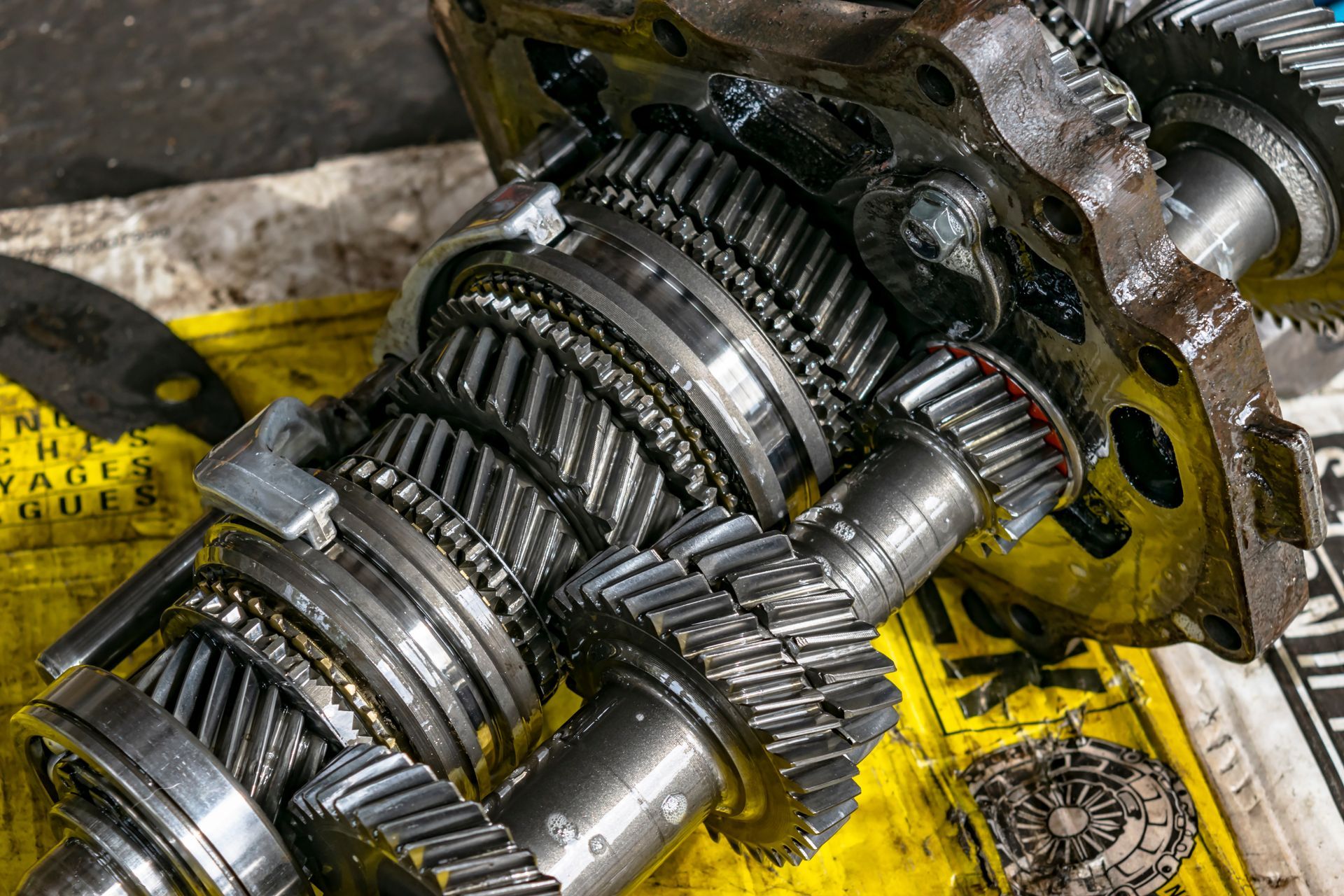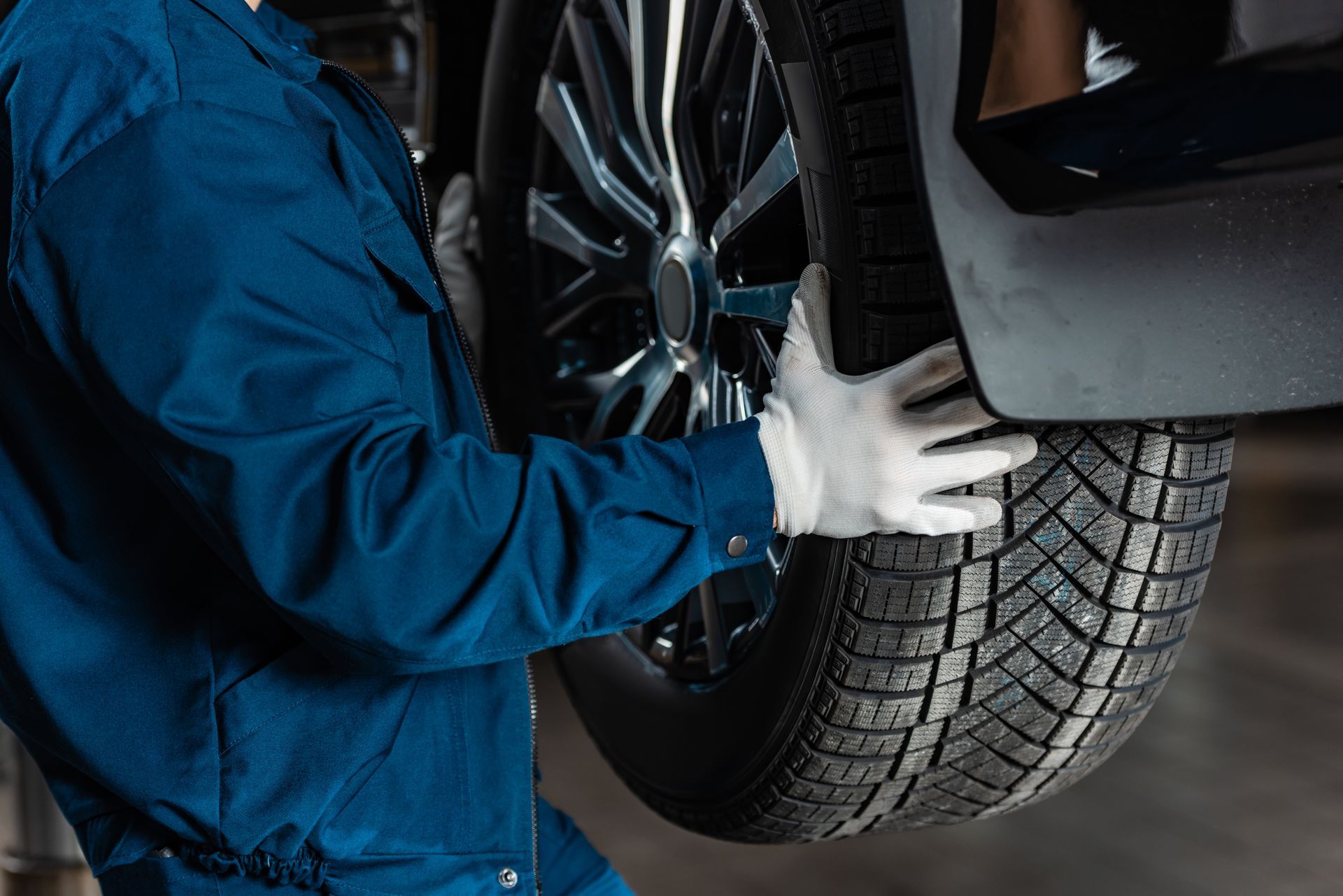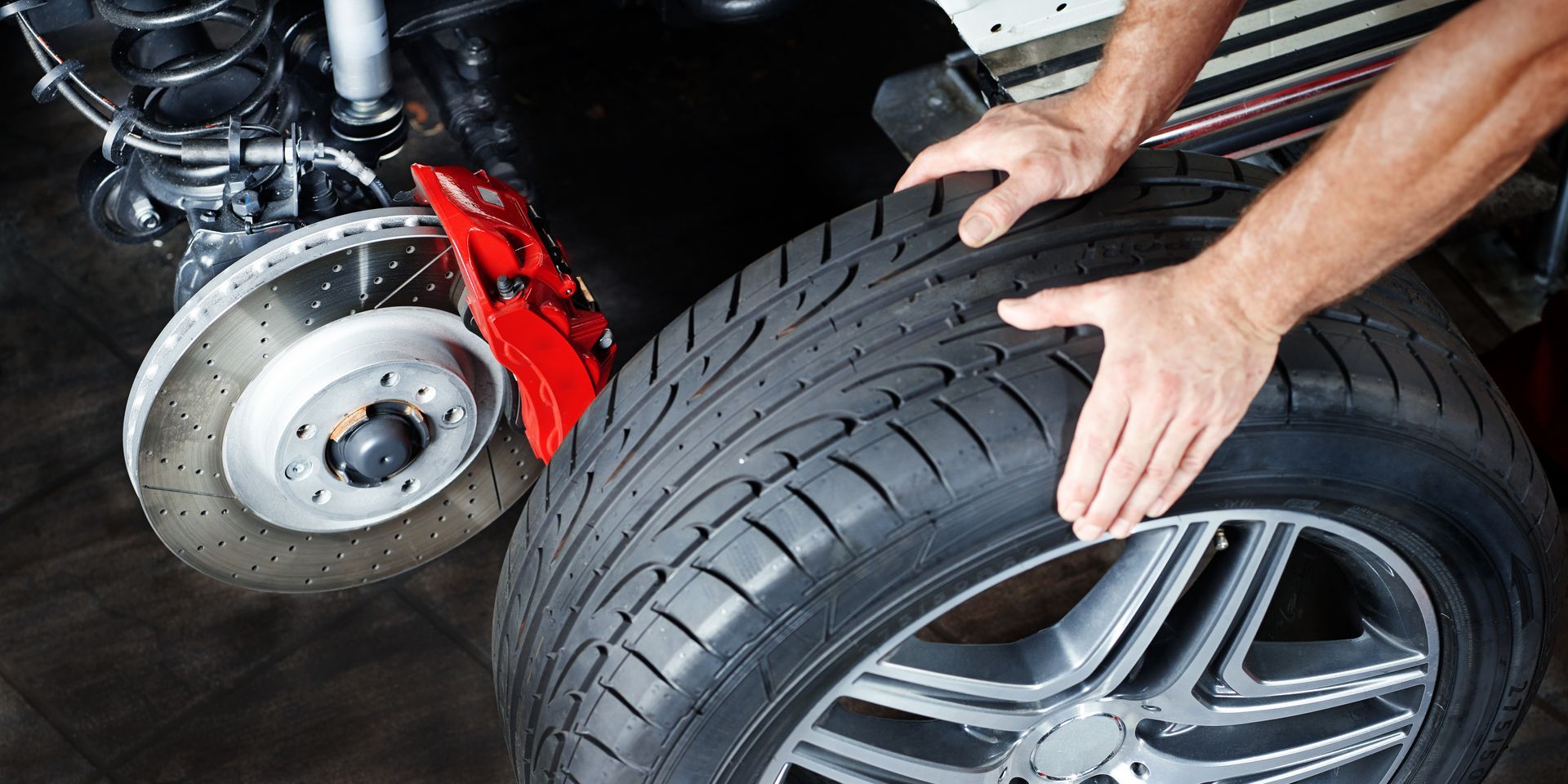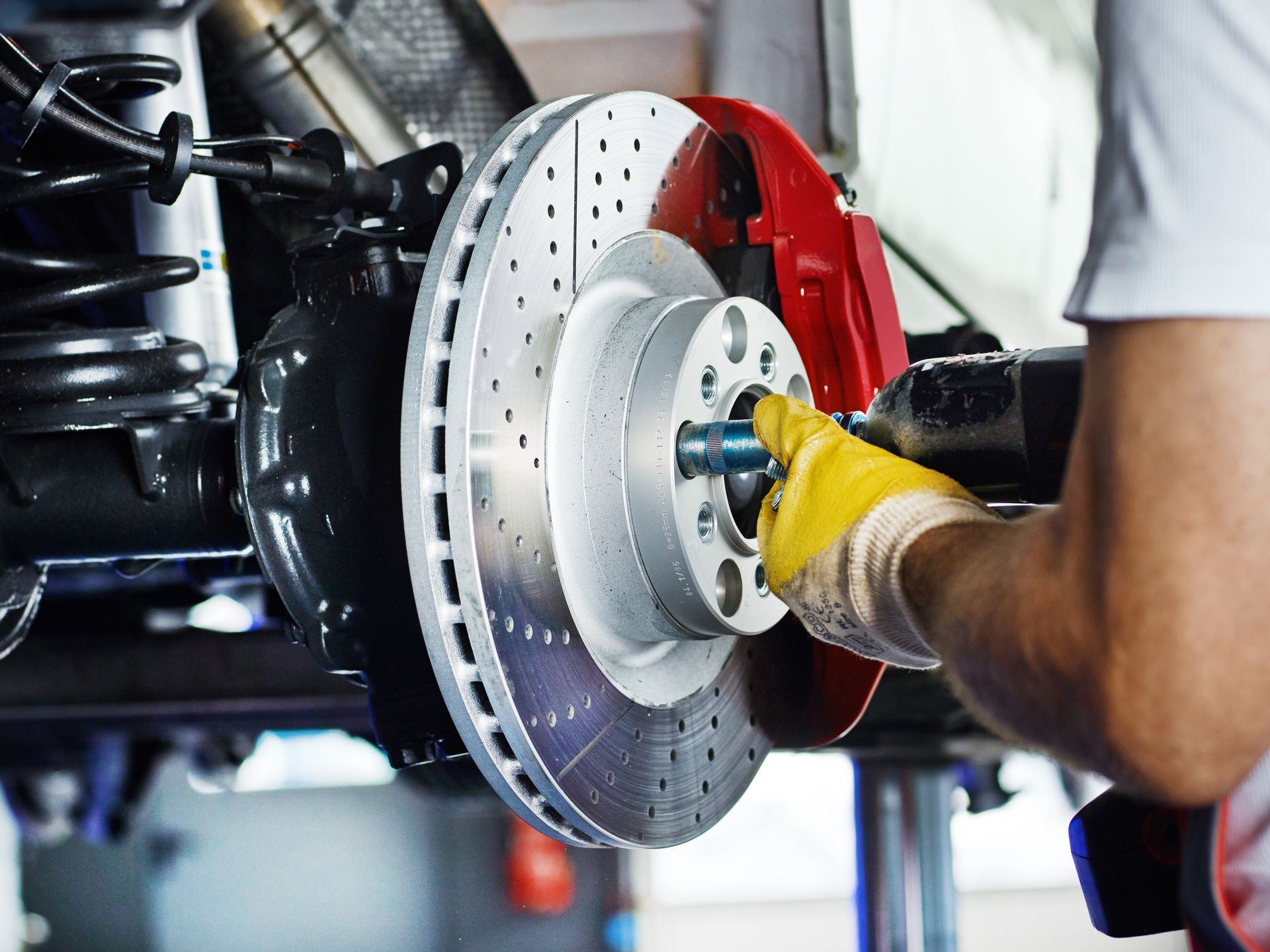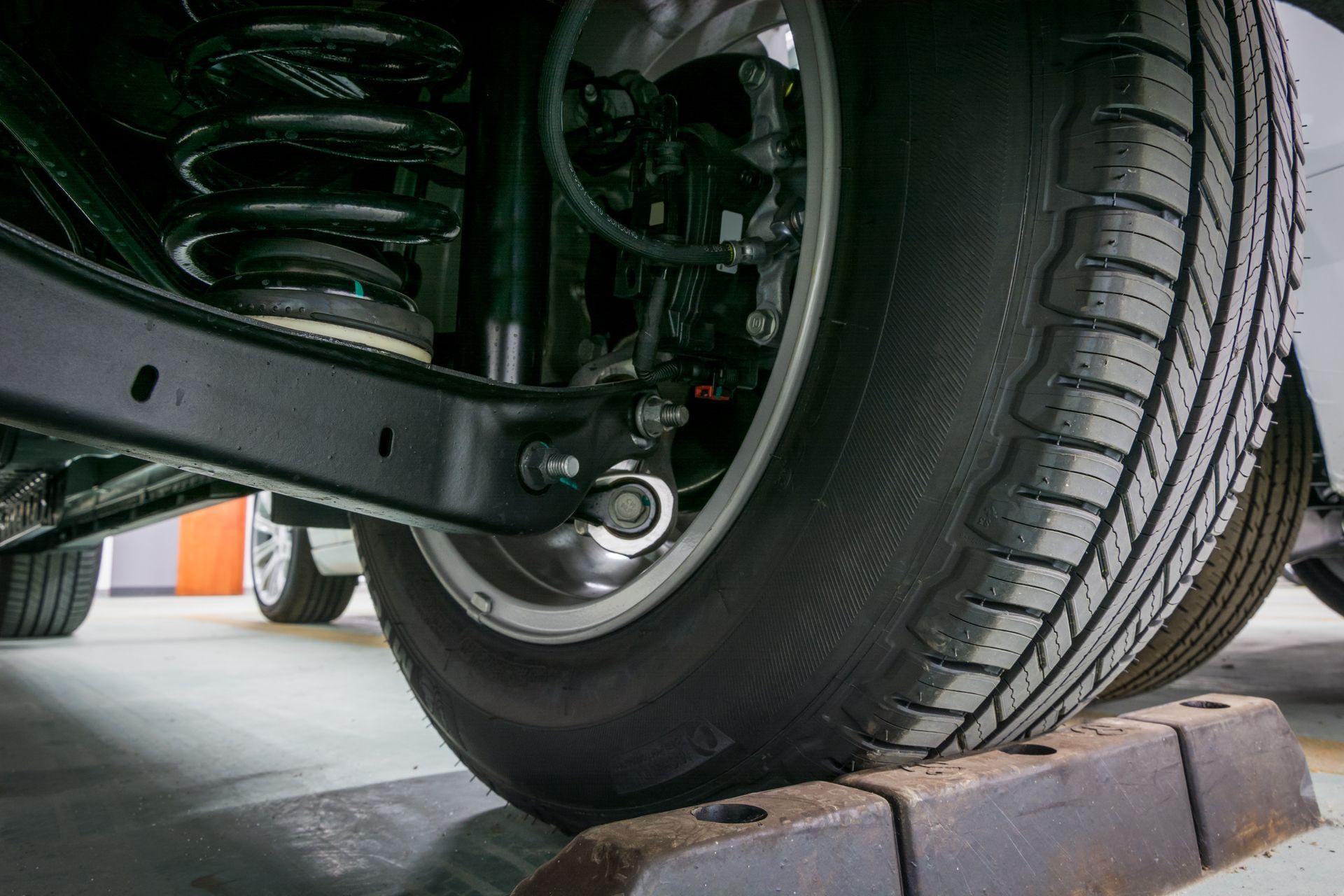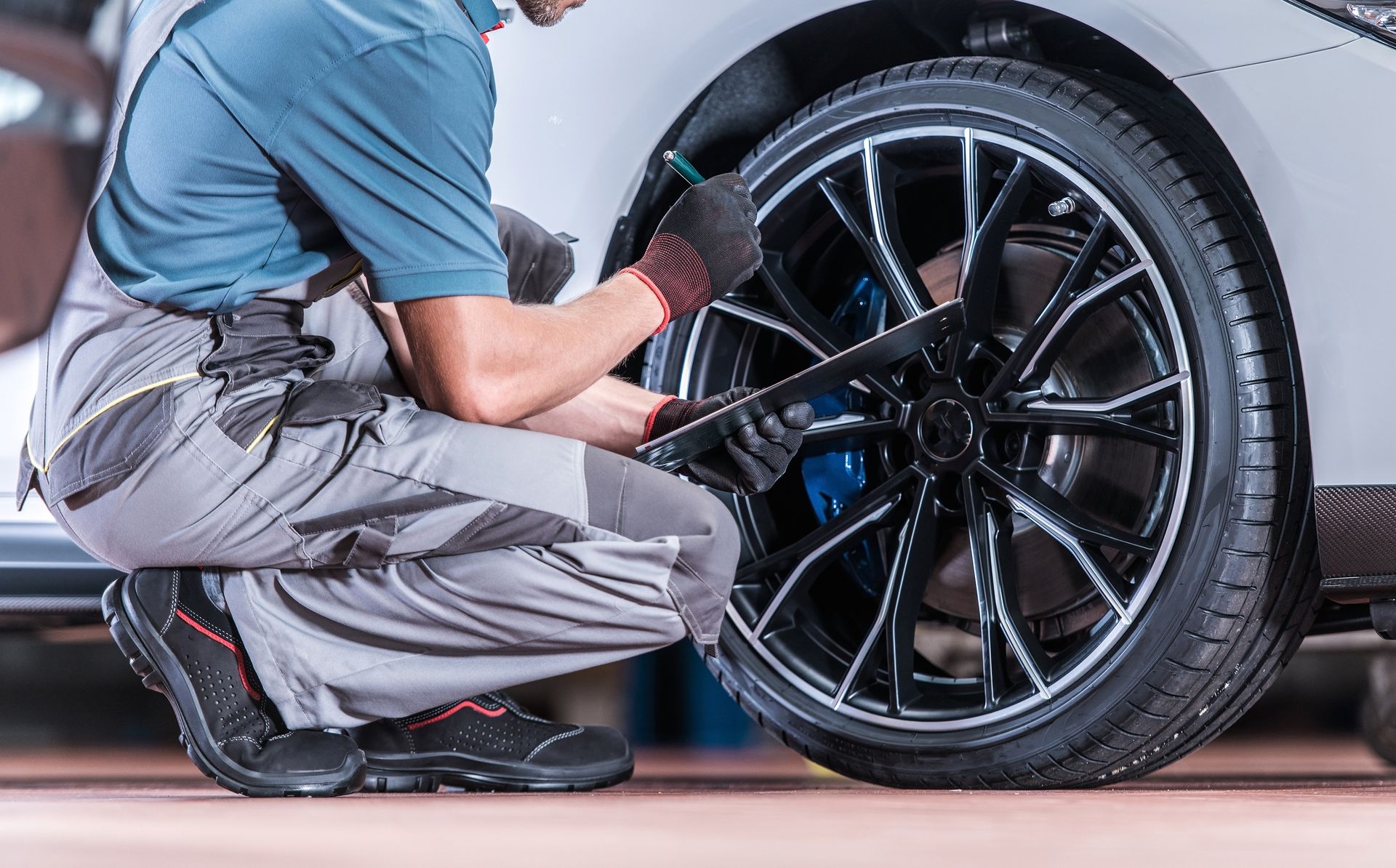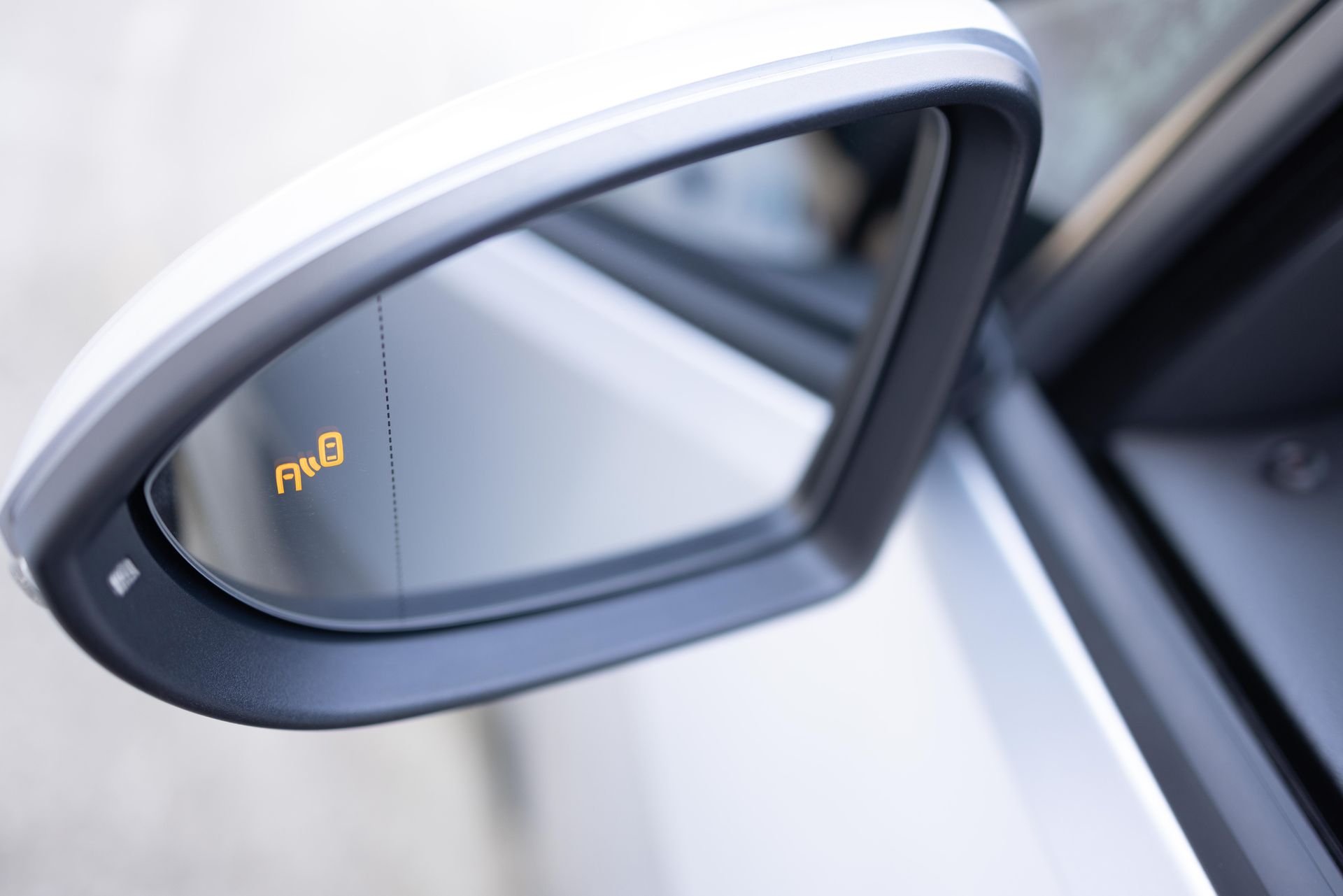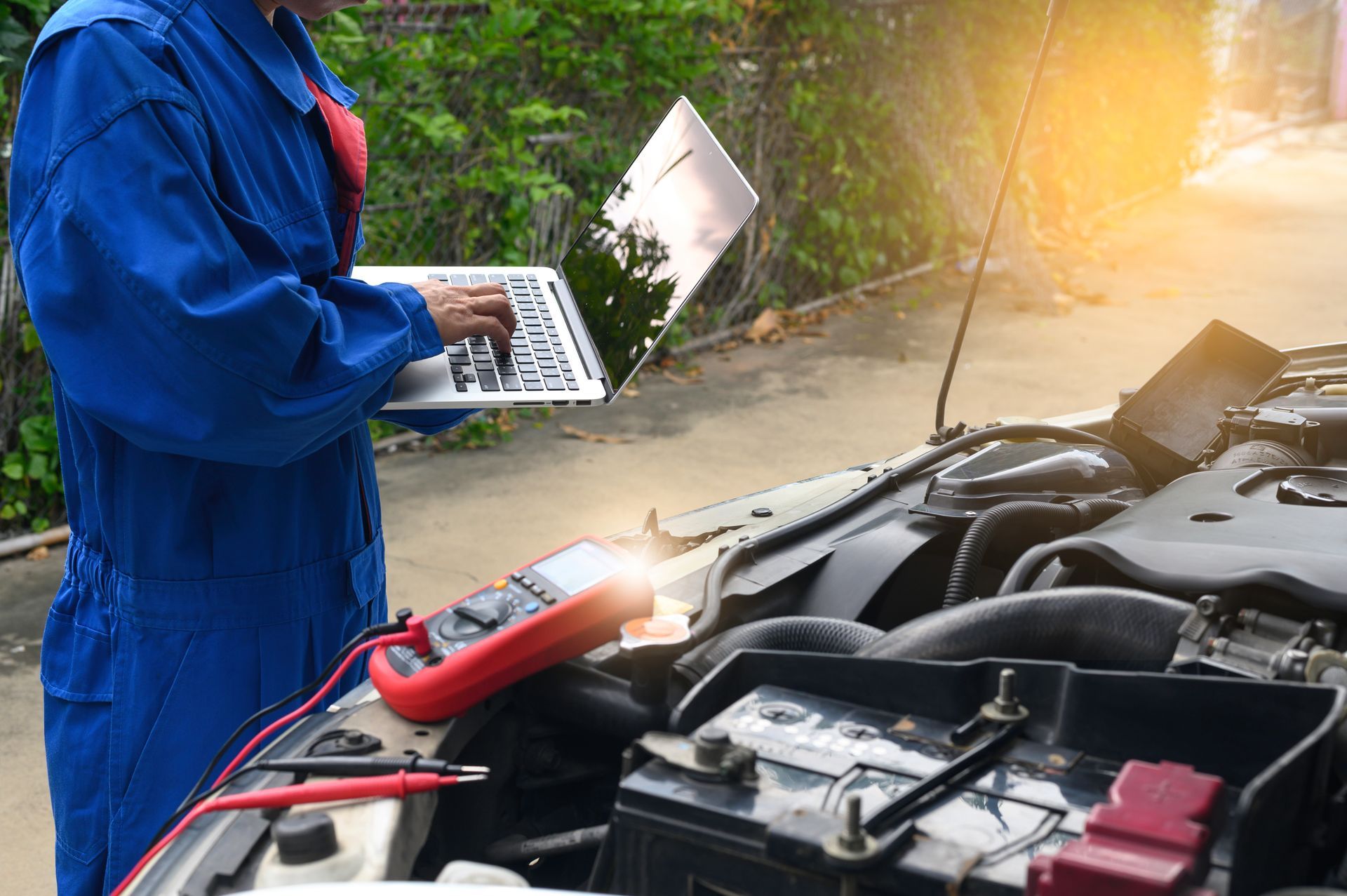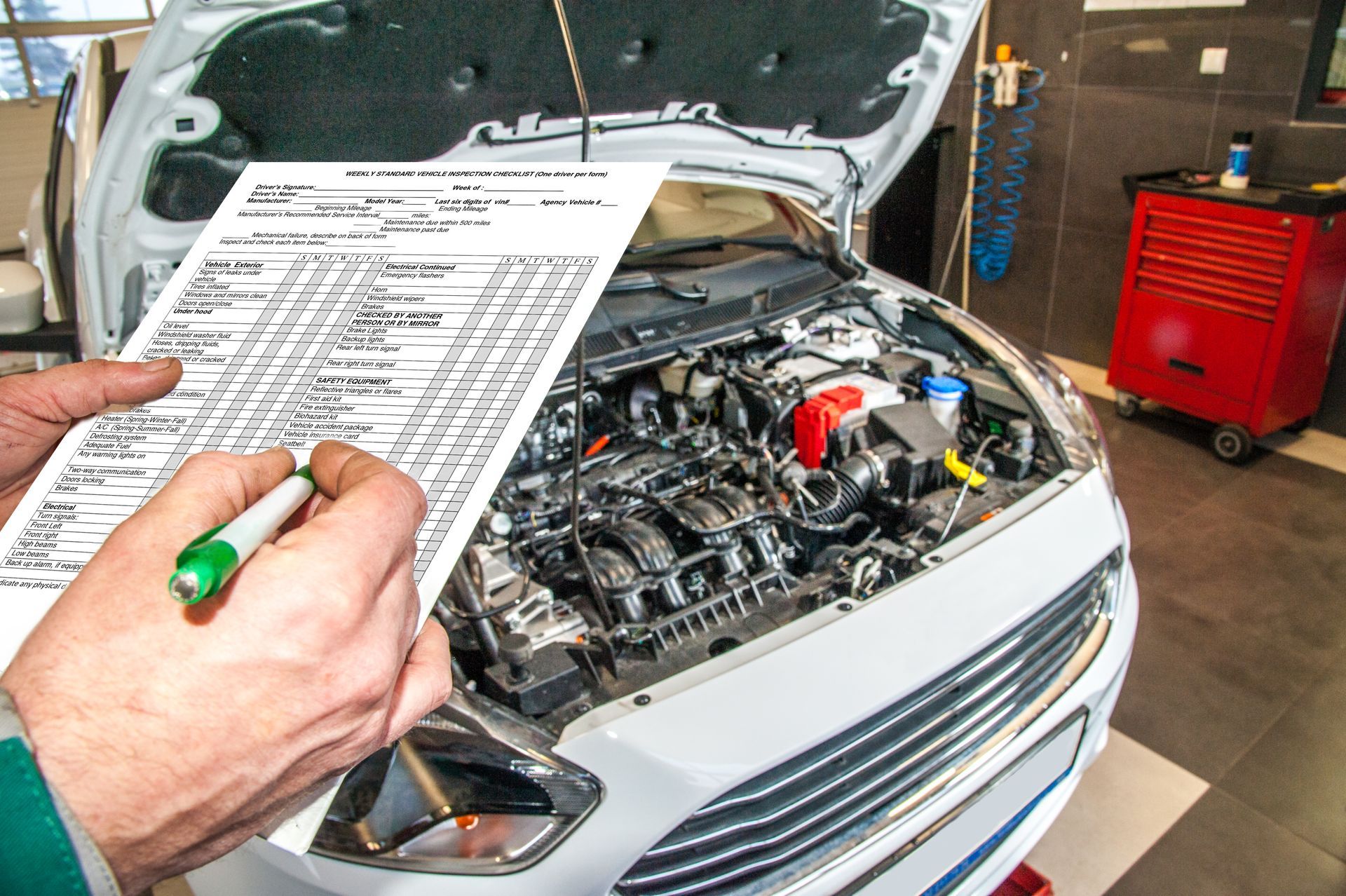Don’t Wait for Disaster – Stay Ahead of Brake Issues
Understanding the Importance of Brake Health
Your car’s brakes are pivotal in ensuring your safety on the road. They are more than just a convenience; they are a crucial safety feature that demands attention. Understanding when to replace your car’s brakes is essential for maintaining your vehicle’s safety and avoiding potentially catastrophic accidents. Neglecting your brakes can lead to costly repairs and put you, your passengers, and other road users at risk. Regular brake maintenance is a fundamental aspect of responsible vehicle ownership. It goes beyond simply following your car’s maintenance schedule; it’s about staying vigilant and proactive. Knowing the warning signs and staying informed about your car’s brake health is a responsible choice that can prevent accidents and save you money in the long run. Let’s dive into the world of brakes to ensure you are well-equipped with the knowledge needed to keep your vehicle safe.
Warning Signs that Your Brakes Need Attention
Recognizing the warning signs of brake problems is a skill every driver should possess. These signals act as your car’s way of communicating that something needs attention. By paying attention to these signs, you can take action before the situation worsens. Here are some warning signs to watch out for:
- Squeaking or Squealing: One of the most common indications of brake issues is a high-pitched squeaking or squealing noise when you apply the brakes. This sound typically suggests that your brake pads may be wearing thin and need replacement.
- Grinding Noise: If you hear a grinding sound when braking, it’s a clear signal that your brake pads are severely worn, and the metal beneath is now grinding against the rotors. Immediate action is necessary to prevent further damage.
- Soft or Spongy Brake Pedal: A soft or spongy brake pedal is a concerning sign. It can point to the presence of air or moisture in the brake lines, compromising your vehicle’s braking efficiency. Addressing this issue promptly is vital.
- Vibrations: If you feel vibrations or pulsations in the brake pedal when you apply the brakes, it may indicate warped brake rotors. This can negatively impact your braking performance and should be addressed without delay.
- Dashboard Warning Light: Many modern vehicles come equipped with a dashboard warning light for brake-related issues. If this light illuminates, it’s a strong indicator that you should schedule a brake inspection.
Regular Brake Maintenance
Maintaining your car’s brakes is not only about fixing problems when they arise; it’s also about proactive care. Regular brake maintenance can help you prevent these issues from happening in the first place. Here are some essential steps to include in your brake maintenance routine:
- Brake Inspections: Schedule periodic brake inspections with a trusted mechanic. These inspections can identify potential problems early, preventing them from turning into major issues that compromise your safety.
- Replace Brake Fluid: Brake fluid plays a vital role in the braking system. Follow your vehicle’s recommended schedule for changing brake fluid, which is typically every two years. Fresh brake fluid ensures optimal performance.
- Quality Brake Pads: When it’s time to replace your brake pads, opt for high-quality ones. Investing in superior brake pads improves performance and extends their lifespan, saving you money in the long term.
- Smooth Driving: Your driving habits can also impact brake wear. Avoid aggressive driving behaviors, such as sudden stops, which can accelerate brake pad deterioration.
Regular maintenance ensures your safety and contributes to the longevity and reliability of your braking system. You can keep your brakes in top-notch condition by following these simple steps.
DIY Brake Checks
While professional inspections are crucial, there are also some basic checks you can perform on your own to monitor your brake health. These DIY checks can help you stay on top of your car’s braking condition between professional visits:
- Visual Inspection: Start with visually inspecting your brake pads through the wheel spokes. If they appear to be less than a quarter-inch thick, it clearly indicates that it’s time to replace them. This visual check can give you a quick assessment of your brake pad’s condition.
- Listen for Sounds: Pay close attention to any unusual sounds when you apply the brakes. If you hear squeaks, squeals, or grinding noises, it’s crucial to address them promptly, as they often indicate brake issues.
- Brake Fluid Level: Periodically check the brake fluid reservoir to ensure it’s at the recommended level. A low brake fluid level may indicate a potential brake fluid leak, which needs immediate attention.
- Inspect Brake Lines: Examine the brake lines for any visible signs of damage or corrosion. Damaged brake lines can compromise your braking system’s integrity and should be repaired as soon as possible.
These DIY checks can help you catch early warning signs and address them before they escalate into major problems. However, remember that professional inspections are still essential to ensure your brakes are in optimal condition.
When to Seek Professional Help
While DIY checks and regular maintenance are valuable, knowing when to seek professional help is essential. Trusting a certified mechanic is crucial when encountering any warning signs or concerns about your brakes. Here are some instances when professional intervention is necessary:
- Unusual Brake Behavior: If you experience any unusual behavior while braking, such as the warning signs mentioned earlier, do not delay in seeking professional assistance. Ignoring these signs can lead to severe safety risks.
- Brake Warning Light: If your vehicle’s dashboard warning light for brakes comes on, it clearly indicates a problem within the braking system. Have it inspected immediately to diagnose and address the issue.
- Scheduled Maintenance: Regular brake inspections are essential to catch issues early and ensure your braking system’s ongoing reliability. Stick to your maintenance schedule to keep your brakes in optimal condition.
- Brake Fluid Changes: When changing your brake fluid, rely on a professional mechanic. Brake fluid replacement requires precision, as mistakes can result in failure in brake system.
By entrusting a certified technician with your brake-related concerns, you can rest assured that they will diagnose the issue accurately and make the necessary repairs to ensure your safety on the road.
Safeguarding Your Journey, One Brake at a Time
Your car’s brakes are not a facet of vehicle maintenance to be taken lightly. They are integral to your safety and the safety of everyone on the road. Regular maintenance, staying alert to warning signs, and taking proactive steps can save lives and keep your wallet from taking a hit due to costly repairs. Don’t wait for a disaster to unfold – stay ahead of brake issues, and you’ll guarantee a safer and smoother journey for you and your passengers. When it comes to brake maintenance and repairs, trust Yes Automotive. Your safety is our top priority, and our certified professionals are here to ensure that your brakes perform optimally. Remember, maintaining your brakes isn’t just a matter of convenience; it’s a commitment to road safety.
